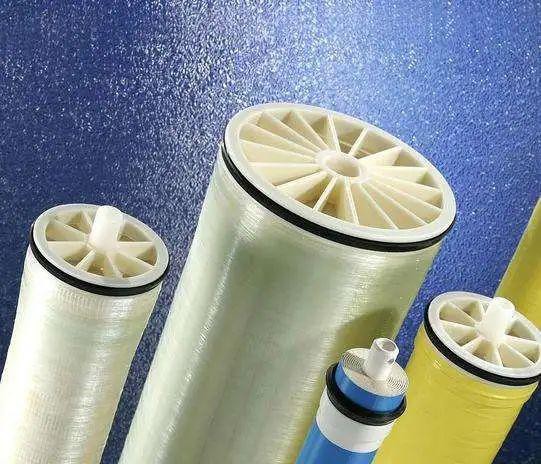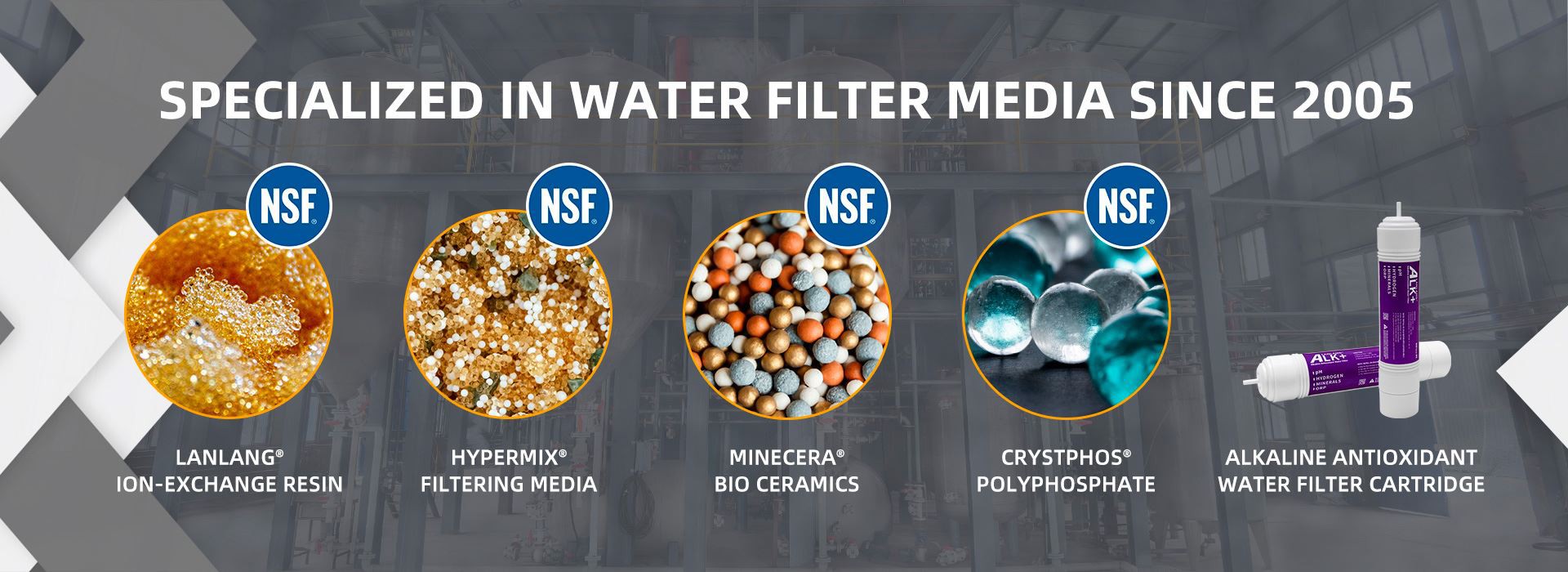
Water treatment is a crucial process that ensures the purity of our drinking water. With the rise in water pollution, it has become increasingly necessary to invest in water treatment technologies. Two common water treatment systems include reverse osmosis and UV systems. While both systems are effective in removing impurities and contaminants, they function differently, and their differences can impact their effectiveness. This article will discuss the difference between a reverse osmosis and UV water treatment system.
Reverse Osmosis Treatment System
Reverse osmosis (RO) is a water treatment method that removes impurities from water by pushing it through a semi-permeable membrane. The membrane allows clean water to pass through while blocking impurities like minerals, pollutants, and bacteria. Reverse osmosis is typically used in residential and commercial settings to produce purified drinking water.
One of the benefits of reverse osmosis is that it effectively removes a range of impurities, including chemicals, heavy metals, and minerals. However, reverse osmosis is less effective in removing bacteria and viruses, which are smaller than the membrane's pores. For this reason, it is often used in conjunction with other purification methods, such as UV treatment.
UV Water Treatment System
UV water treatment involves exposing water to UV light, which destroys the DNA of bacteria, viruses, and other pathogens, rendering them harmless. Unlike reverse osmosis, UV treatment does not remove impurities and minerals from water. Instead, it specifically targets and eliminates microorganisms that may cause illness.
One notable advantage of UV water treatment is that it is highly effective in eliminating bacteria and viruses, including those that cause diseases like cholera and typhoid. Additionally, UV treatment is eco-friendly since it does not use chemicals, and it is low maintenance, making it cost-effective in the long run.
Which Water Treatment System Is Best?
Whether to choose a reverse osmosis or UV water treatment system largely depends on the type of impurities and contaminants present in the water. If the water contains minerals, chemicals, or heavy metals, reverse osmosis is a better option. On the other hand, if the water is contaminated with bacteria and viruses, UV treatment is the best solution.
In some cases, combining both reverse osmosis and UV treatment can provide optimal water purity. This dual method helps to eliminate impurities from the water while effectively killing pathogens and microorganisms.


